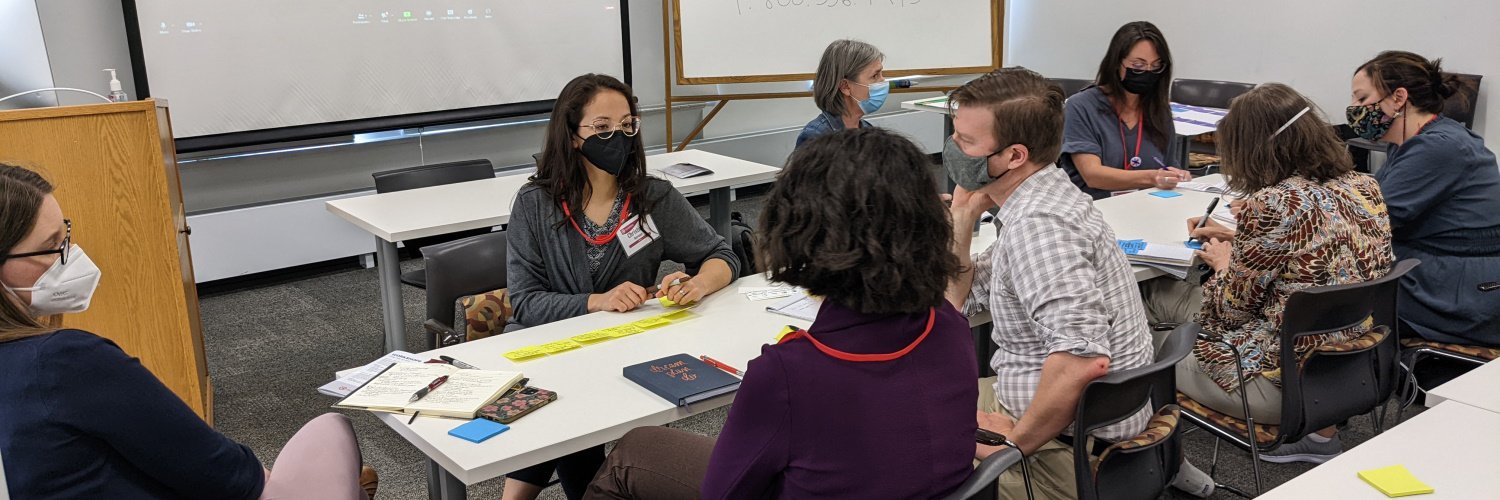Last week, the Tennessee Court of Appeals ruled that state agencies can’t withhold public records just because they’re relevant to a criminal investigation.
At issue was a public records request from a Nashville television reporter for travel receipts, credit card bills, telephone records, emails and other documents for the acting director of the Tennessee Bureau of Investigation and another state official. The request was prompted by a tip from the TBI official’s wife, who said her husband was having an affair with an official with the Tennessee Department of Mental Health and Substance Abuse Services, and that they may have used state resources to carry on the affair.
In 2018, the state rejected NewsChannel 5 reporter Phil Williams’ request for these public records, contending they were exempt from disclosure since they were part of an ongoing criminal investigation. Williams and the television station filed a lawsuit to compel these records’ release. But before the case was heard, the state completed its criminal investigation, and then disclosed the records.
So this particular case was moot, but the legal question wasn’t. Are ordinary records of a state agency - not investigative files - exempt from the Tennessee Public Records Act when they become part of a criminal investigation?
On August 16th, the Tennessee Court of Appeals ruled such records aren’t exempt from the TPRA.
“We hold that non-investigative public records made in the ordinary course of business, capable of being accessed from their inception by citizens of Tennessee, do not become exempt from disclosure because of the initiation of a criminal investigation in which they become relevant,” the court ruled, in an opinion written by Chief Justice D. Michael Swiney.
The records sought by Williams “were created and kept by their respective State agencies in non-investigative files. It was the State that went out of its way to cloak records that otherwise were accessible,” the opinion stated.
“Under the state’s position, even public records accessible via the TPRA for years prior may abruptly become exempt from disclosure, an astonishing proposition.”
The court said it was important to decide this issue, since there are “bound to be similar occurrences in the future.”
“Tennessee citizens, including journalists, will continue to scrutinize the government.”
Deborah Fisher, executive director of the Tennessee Coalition for Open Government, said the ruling “put much-needed limits around the so-called investigative exemption that has been used by the state to cloak otherwise public records.”
This is great news! The Court of Appeals limited the "investigative exemption" in a records requests for ordinary state records that had become part of a DA investigation https://t.co/v0Byj2QPid
— TCOG (@TNOpenGovt) August 17, 2019
“The decision should go a long way in restoring access to public records that have been put off limits by state agencies, district attorneys and law enforcement throughout the state since the 2016 ruling in Tennessean,” Fisher wrote in a blog on TCOG’s website.
In that case, the Tennessee Supreme Court ruled that a reporter didn’t have the right to access a police investigative file because the TRPA was trumped by rules of criminal procedure. In the NewsChannel 5 case, however, the records sought weren’t investigative files - just records collected by non-investigative state agencies “in the ordinary course of business,” the court noted.
Swiney’s full ruling is embedded below.
Image via Luke Air Force Base




